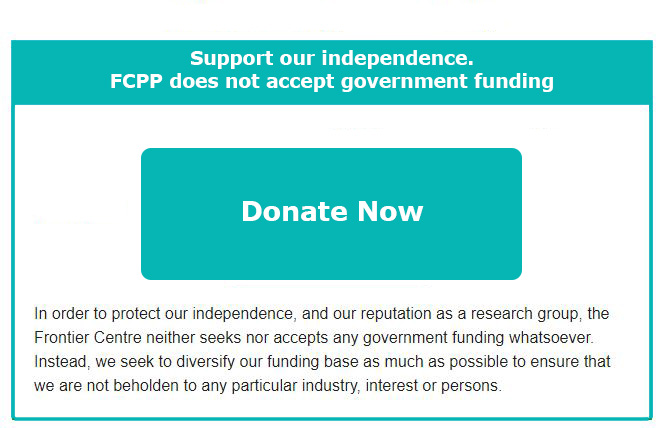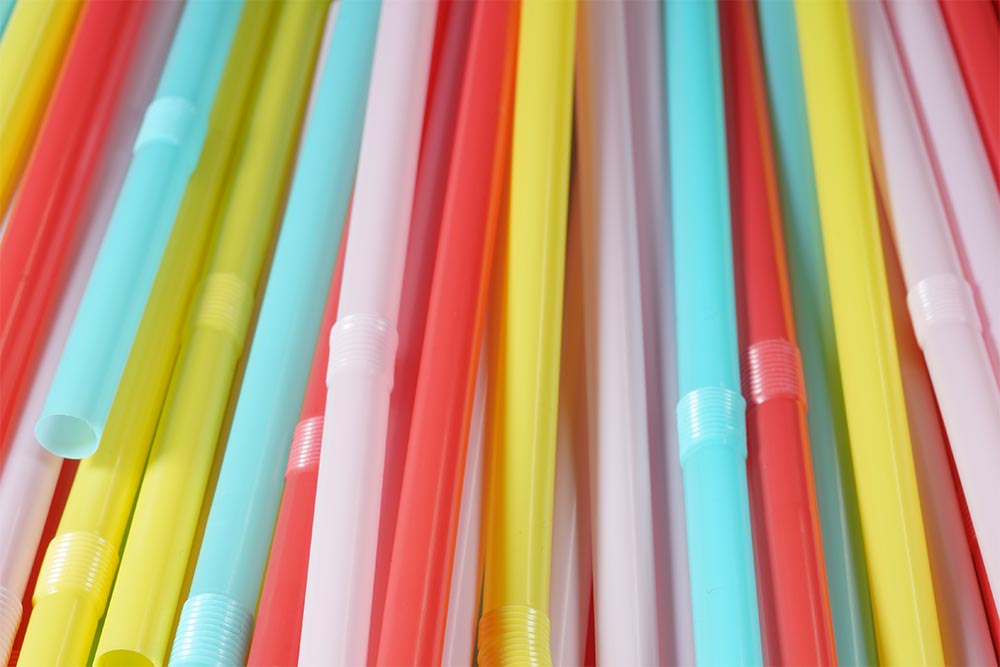Canadian governments, like many around the world, are once again in the grip of toxic plastiphobia: an irrational, and potentially harmful fear of plastics. Proposals to ban “single-use” plastics (under varying definitions) are all the rage across Canada, where the plastiphobes , like locusts, have re-emerged from the obscurity imposed upon them by the imminent specter of mass viral death.
Plastiphobia is irrational because any sane person would understand that it’s a non-problem, particularly in Canada. Even according to Oceana, a group dedicated to plastic waste elimination, 86 per cent of Canada’s plastic waste ends up in a landfill (where it’s not hurting anything), another nine per cent is recycled, and only about one per cent of the rest ends up as litter. That’s a 99 per cent rate of hygienic handling of plastic materials. This is the very definition of a non-problem. To obsess about this is the definition of irrationality.
On the other hand, virtually everything we use to protect human health today involves plastics, because poor hygiene kills. And those single-use products that the plastiphobes disdain serve a vast array of hygienic functions. Single use plastics brought us those sanitary wipes we hoarded when gripped by first-wave Covid terrors, the plastic bottles that held our hand sanitizer, the plastic wands used to test us for Covid, the plastic gloves worn by our first responders and medical professionals, the plastic IV bags they hook us up to in hospital, and the tubing as well.
Plastics bring us the very insulation around the wires that make all the hospital machines go bing! and they bring us the materials in the medical masks people are still being nagging us to wear today between hasty sips of our latte. Single use plastics brought us the serum used to vaccinate us, the syringes that we were vaccinated with, and the materials used to make, package, transport, and ship those vaccines to our arms. If you’re in the hospital, you are virtually encased in plastic. Want to share your water cup with your neighboring ward mate? Maybe hand them over a used teaspoon of your gelatin, or take one of theirs? No, I didn’t think so.
The war against plastics, single use plastics, multi-use plastics, and nowadays, even recycled plastics (which are no longer considered environmentally benign because, of course, climate change) is crazy. Of course, there’s another potential explanation for the fixation on plastics, which is that the war on plastics is insincere. That anti-plastic activists and politicians don’t actually care about plastics, they are against people having a lifestyle rich in the material goods that make for a comfortable and healthy life. Frankly, I’m not sure which irrational motivation is worse. I’d prefer to assume that people are simply irrational in their plastiphobia, rather than anti-humanist, but it is regrettably hard to tell in today’s political climate of fear.
They say that it’s not helpful to tell someone who is in the grip of an irrational fear to “stop gibbering and think,” but at a certain point, that is an obligation of rational people in their self-defense. And that time is now. When it comes to plastic bans, people need to ring up their politicians and say, “it’s time to stop your insane gibbering about my damn soda straws, my plastic forks, my hygienic wipes, the cling wrap that keeps my food sanitary, and the plastic bag I pack my kid’s lunch in and focus on things that will actually make the world a better place. Keep your grubby hands off my sanitary plastics.”
Ken Green is a senior fellow at the Frontier Centre for Public Policy. www.fcpp.org
Photo by FLY:D on Unsplash.



